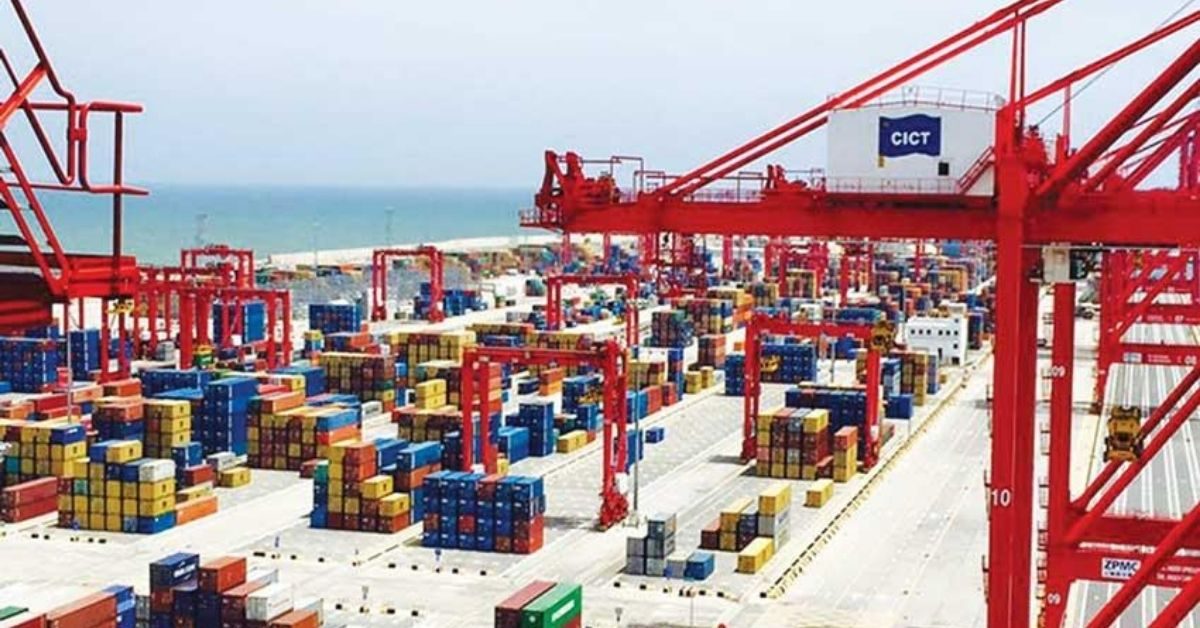Shipping companies are opting to route through Colombo as a convenient transit point due to its strategic location. The Yemeni Houthi rebels, backed by Iran, have targeted ships in the Red Sea since November, prompting most of the shipping companies to divert towards a longer and more expensive route around Africa’s Cape of Good Hope.
Colombo’s accessibility to the Middle East, South Asia, and East Asia positions it as a key port for vessels navigating these regions.
Reuters cited Lal Weerasinghe, a senior official at the Sri Lanka Ports Authority (SLPA), who highlighted Colombo’s prominence as the first hub for ships coming past South Africa, providing a more convenient location than Singapore.
The port, handling 6.94 million 20-foot equivalent units (TEUs) in 2023, experienced a 2 per cent annual increase. December saw a notable 15 per cent year-on-year surge in TEUs.
Over the past four to six weeks, shipping lines have sought additional berthing windows, and transhipment volumes from neighbouring India have also risen. Despite the increased demand, the port had to decline requests from some shipping lines to prevent delays for existing customers.
“We typically handle about 5,000-5,500 TEUs (per day), but since late last year, there has been an increase of about 1,000 TEUs per day,” Weerasinghe told Reuters.
He noted that up to 50 per cent of this surge is attributed to the Mediterranean Shipping Company, a leading container shipping company.
The Colombo port is increasingly becoming a relaying port, with shipping companies offloading entire cargoes to different ships.
Officials from other Colombo port terminals revealed a rise in vessel calls, especially due to increased transshipment from India.
Expectations are high that the heightened traffic will propel Colombo port towards double-digit growth in the first quarter of 2024.







